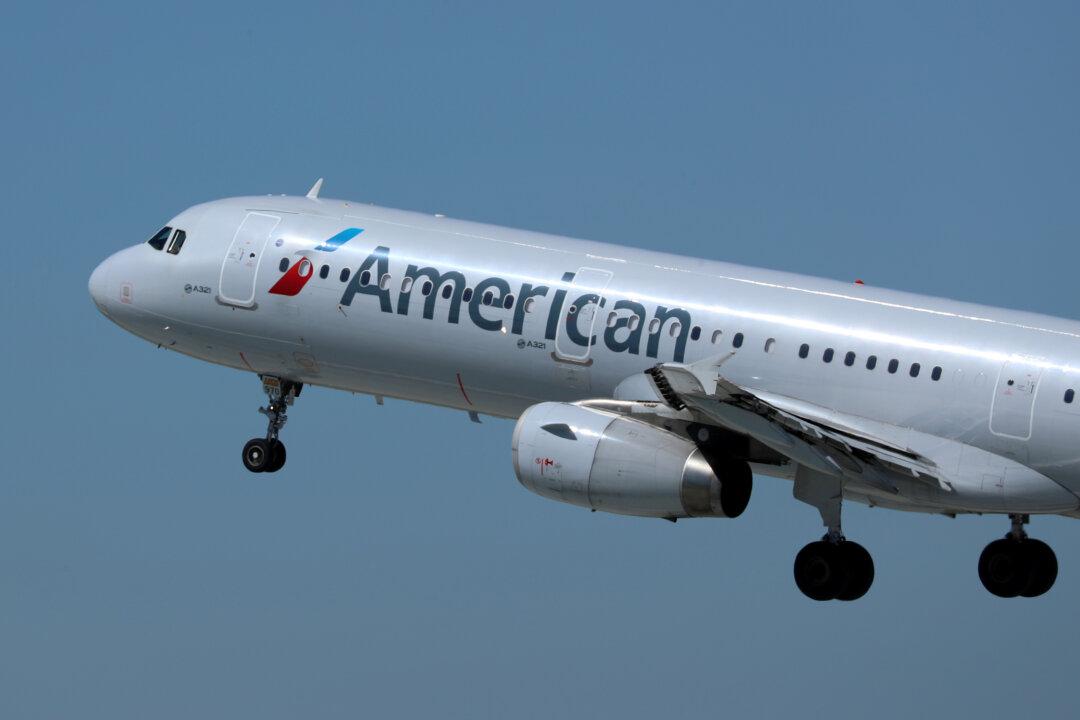CHICAGO/PARIS—Pilots and flight attendants are demanding airlines to stop flights to China as health officials declare a global emergency over the rapidly spreading coronavirus, with American Airlines’ pilots filing a lawsuit seeking an immediate halt.
The coronavirus has spread to 18 countries, mostly, presumably, by airline passengers.





